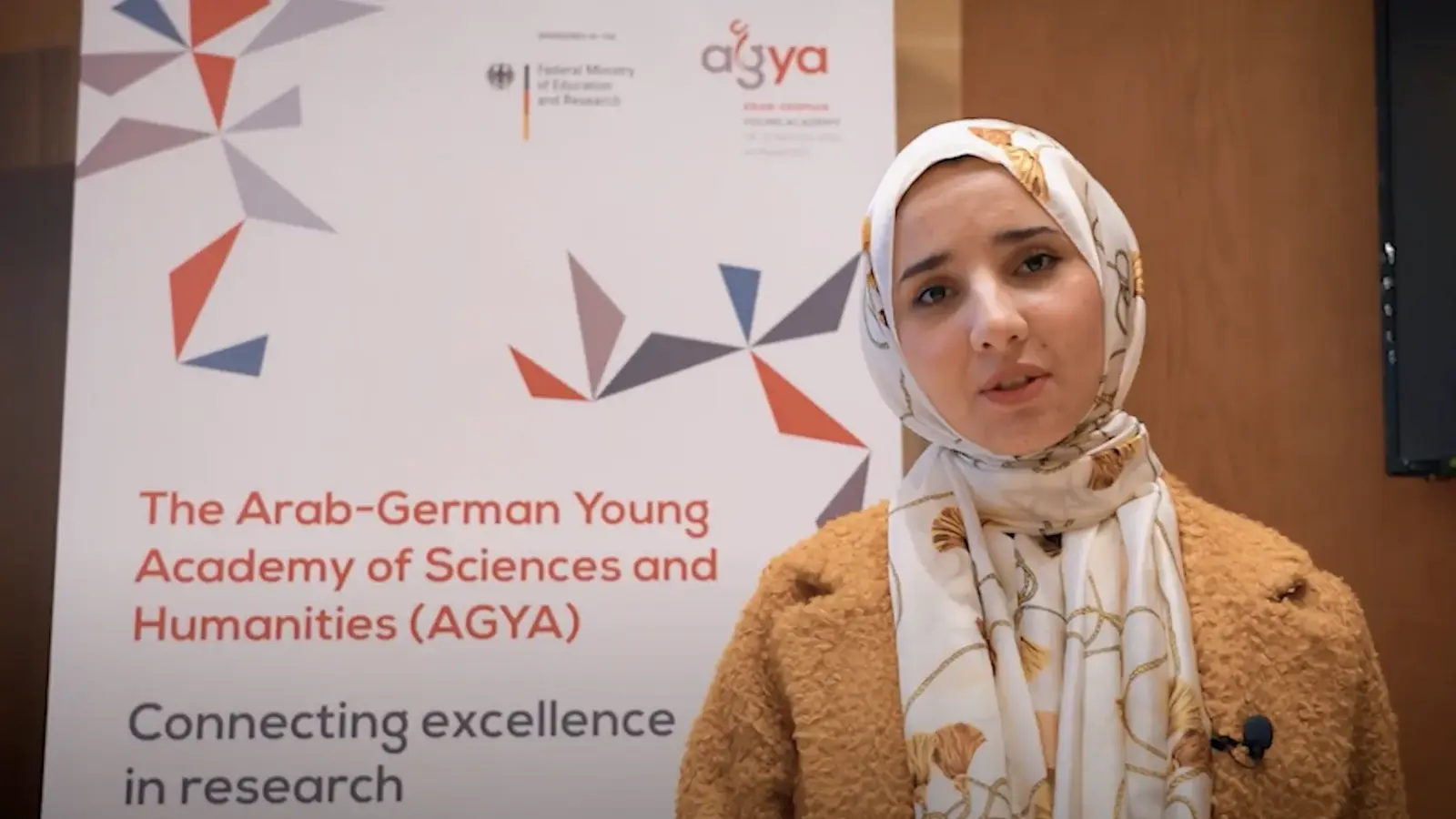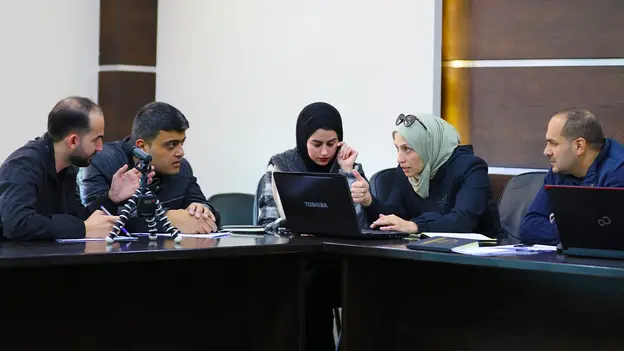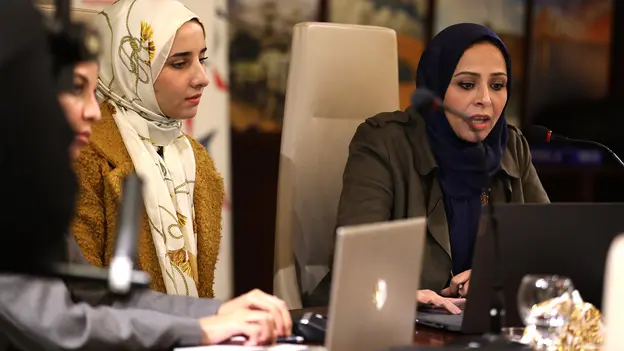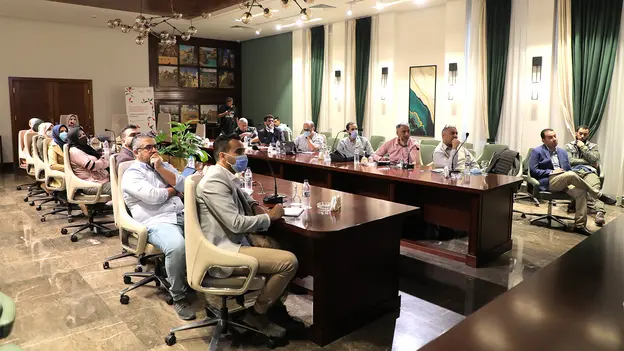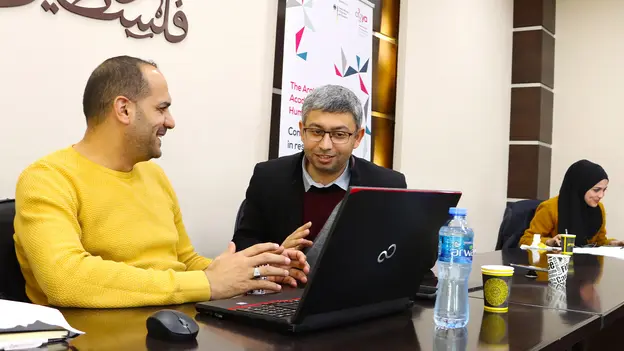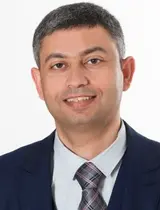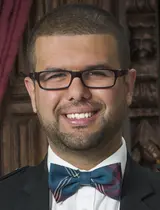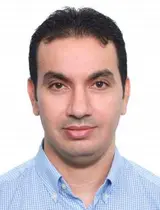Working Group Meeting
Internationalizing Higher Education Systems
Training
In many developing and conflict-prone countries, higher education has been a neglected sector for decades, receiving insufficient support from local governments and international donors. While political stability and the physical reconstruction of facilities are important prerequisites for rebuilding higher education systems, brain drain can be stopped most efficiently by providing quality higher education that is embedded in the international education system. Achieving internationally recognised accreditation of study programmes is one approach to become part of the international education market.
Therefore, the Working Group Arab and German Education organised a practical hybrid training for representatives of quality assurance departments at universities in Libya and Palestine, enabling them to achieve EUR-ACE® accreditation for their study programmes in the field of engineering. The accreditation system EUR-ACE® provides a set of standards that identifies high-quality engineering degree programmes in Europe and abroad. Libya and Palestine were chosen for this initial training as their education systems still have a lot of potential when it comes to international exchange and compatibility, as AGYA member Dr. Mohammad Adm from the Palestine Polytechnic University states:
Although all Bachelor's programmes at the Palestine Polytechnic University are internationally recognised, having such accreditation will be of great benefit for students and graduates, and integrate our university into the international academic system.
Held by two certified international senior experts in quality assurance from EUR-ACE® Accreditation and EUR-ACE Accreditation Agency AEER, the training equipped 30 participants from quality assurance departments at universities and Higher Education Institutions (HEIs) in Hebron and Benghazi with essential knowledge needed for the international accreditation of engineering programmes. Dr. Abdelhamid Alhassi, Dean of Engineering at the University of Benghazi in Libya, highlights the benefits of this cooperation:
By bringing together staff members from both universities facing similar challenges in their educational system, this training not only enabled us to enhance our engineering curricula on a local level, but also cleared the way to an education reform process in Libya, Palestine, and beyond.
Getting familiar with accreditation criteria
Based on the step-by step presentation of the accreditation procedure, the participants familiarized themselves in practical exercises with the main accreditation criteria and to what extent the respective programme already meets the requirements. Crucial criteria are the programme objectives and the learning outcomes and how they correspond to each other. They not only have to be in line with the mission of the educational institution, but also match the expected universal and professional competencies of the graduates, e.g. the ability to solve complex engineering problems and to design complex engineering projects.
Setting up this correspondence turned out to be the most challenging part of the workshop. At the same time, it has been the most eye-opening exercise as it enabled the participants to clearly assess the quality of the analysed programmes and make deviations and potentials visible. The presentation of their self-assessment reports was complemented by recommendations for future activities by the trainers and a lively exchange between the participants in Benghazi and Hebron. Workshop participant Dr. Ruwida M. K. Omar, Head of Pharmaceutical Chemistry Department at the University of Benghazi, concludes the outcomes:
This training provided a great guidance to improve the quality of our engineering study programmes. We are now equipped with all necessary skills to initiate the accreditation process. We are going to develop a manual that serves as a reference for other universities aiming at getting EUR-ACE® accreditation.
- Disciplines Involved
- Engineering, Mathematics, Economic Geography, Mechanical Engineering, Education
- Cooperation Partner
- Palestine Polytechnic University, Palestine
- Event Date
- 23 - 25 November 2021
- Venues
- Barnichy Hotel, Benghazi
- Palestine Polytechnic University, Hebron
- Online
- Project Title
- Reforming Higher Education Systems: A Practical Training Seminar on Accreditation Procedures
- Year
- 2021
- Funding Scheme
- Working Group Meeting
- Working Group
- Arab and German Education
- Countries Involved
- Libya, Palestine, Germany
Internationalization of Higher Education in Libya and Palestine
Listen to the highlights and outcomes of the AGYA training on international accreditation procedures to reform engineering degree programmes according to international compatibility.
